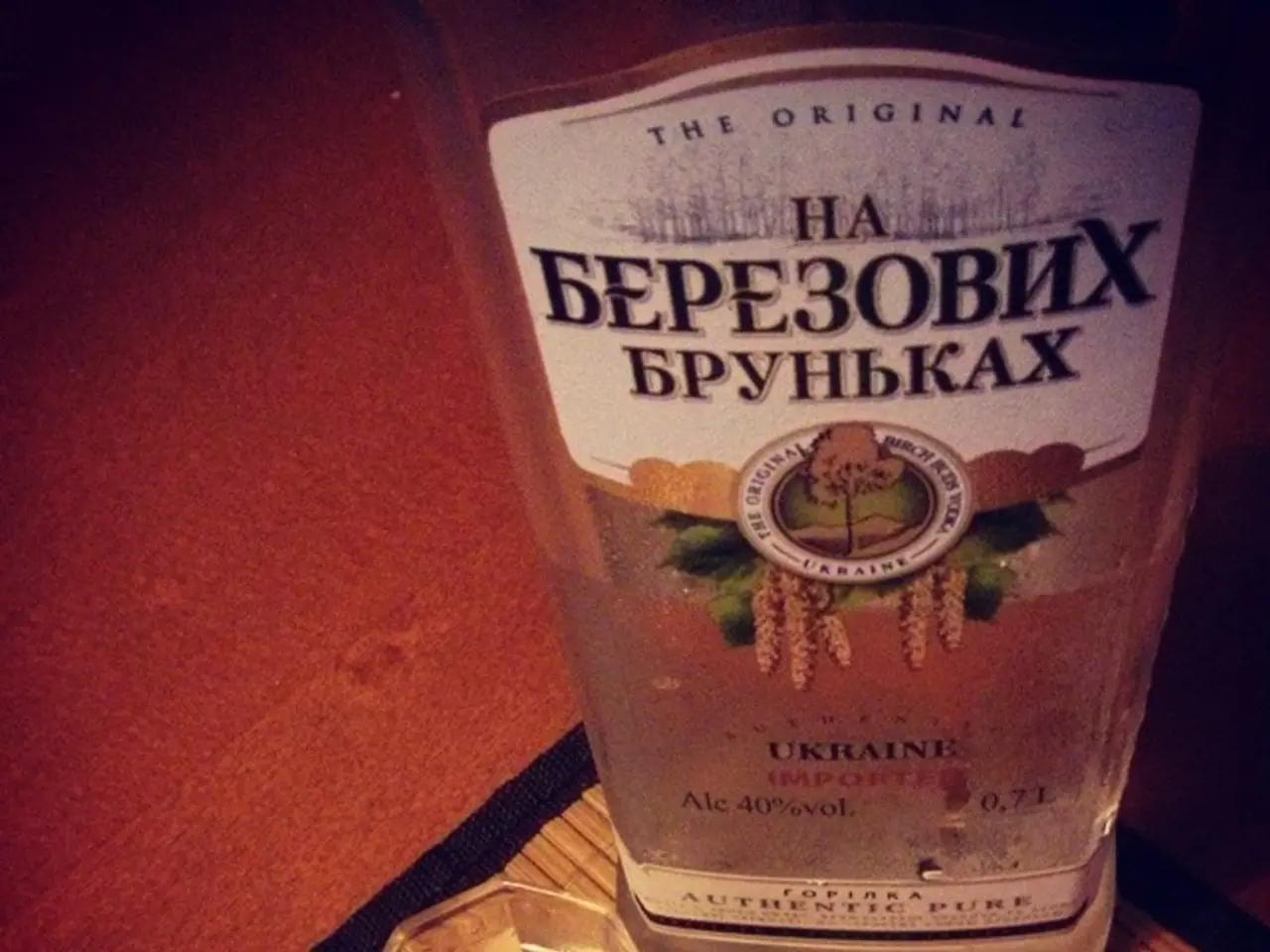The connection between pancreatitis and alcohol consumption: An exploration.
The pancreas, a vital organ located in the abdomen, plays a crucial role in digestion and blood sugar regulation. However, long-term excessive alcohol use can cause severe complications, including pancreatitis.
Pancreatitis is an inflammation of the pancreas that can lead to painful and potentially life-threatening conditions. Risk factors for pancreatitis include pancreatic duct blockage, high levels of fats or calcium in the blood, certain medications, and congenital conditions such as pancreas divisum.
One of the most significant risk factors is alcohol consumption. Excessive alcohol use is a risk factor for both acute and chronic pancreatitis. Acute pancreatitis can result from a single heavy drinking episode, causing inflammation where digestive enzymes prematurely activate, attacking pancreatic tissue. Repeated episodes raise the risk of chronic pancreatitis, characterized by persistent inflammation and fibrosis.
Chronic pancreatitis due to prolonged alcohol misuse results in malabsorption due to digestive enzyme deficiency, diabetes from insulin deficiency, and ongoing abdominal pain. Alcohol damages the acinar cells, which produce digestive enzymes, initiating an inflammatory process that can progress to precancerous lesions and pancreatic cancer.
Individuals' susceptibility varies, with some developing pancreatitis at relatively low alcohol intake (~20g per day), while others may not despite heavier use. Alcohol also disrupts the gut microbiome and impairs the gut barrier, potentially worsening pancreatic inflammation and overall digestive health.
Alcohol-induced pancreatitis can result in the formation of viscous secretions that block ducts in the pancreas. This can lead to the development of cysts and increase the risk of pancreatic cancer. In addition, alcohol consumption may increase the risk of pancreatic cancer, particularly in cases of chronic pancreatitis.
Symptoms of pancreatitis may include sudden, severe abdominal pain, fever, vomiting, nausea, weight loss, diarrhea, increased heart rate, and swelling or tenderness in the abdomen. If you experience these symptoms, it is crucial to contact a doctor immediately.
It is essential to note that acute pancreatitis is a short-term condition that usually improves with medical treatment, while chronic pancreatitis is a long-lasting condition that causes permanent damage to the pancreas. Doctors advise people with pancreatitis to avoid alcohol entirely, even if their condition is in its early stages.
In summary, long-term excessive alcohol use significantly increases the risk of both acute and chronic pancreatitis by inducing inflammation, fibrosis, and cellular damage in the pancreas, which can lead to enzyme insufficiency, diabetes, chronic pain, and a heightened risk of pancreatic cancer.
References:
[1] James D. Lewis, et al. "Alcohol and the Pancreas." Gastroenterology, vol. 138, no. 1, 2010, pp. 226-234.
[2] National Pancreas Foundation. "Pancreatitis." National Pancreas Foundation, 2021. https://www.nationalpancreasfoundation.org/patients-caregivers/diseases-conditions/pancreatitis
[3] D. H. Park, et al. "Alcohol-Induced Pancreatic Cancer: Mechanisms and Potential Targets." Gastroenterology, vol. 152, no. 4, 2017, pp. 852-866.
[4] National Institute on Alcohol Abuse and Alcoholism. "Alcohol Use and Pancreatitis." National Institute on Alcohol Abuse and Alcoholism, 2021. https://www.niaaa.nih.gov/alcohol-health/alcohols-effects-body/pancreas
[5] J. M. Luna, et al. "Alcohol and the Gut Microbiota: From Alcohol Fermentation to Alcoholic Liver Disease." Hepatology, vol. 67, no. 6, 2018, pp. 2027-2039.
Read also:
- Company manufacturing Plumpy'Nut is thrilled beyond belief!
- Enhancements to Networking in Senior Care, Fedding Positive Experiences for Service Providers and Elderly Residents
- Ileostomy stool caracteristics: What's normal after undergoing an ileostomy?
- CDCH Highlights Increasing Tularemia Cases, Calls for Immediate Action








